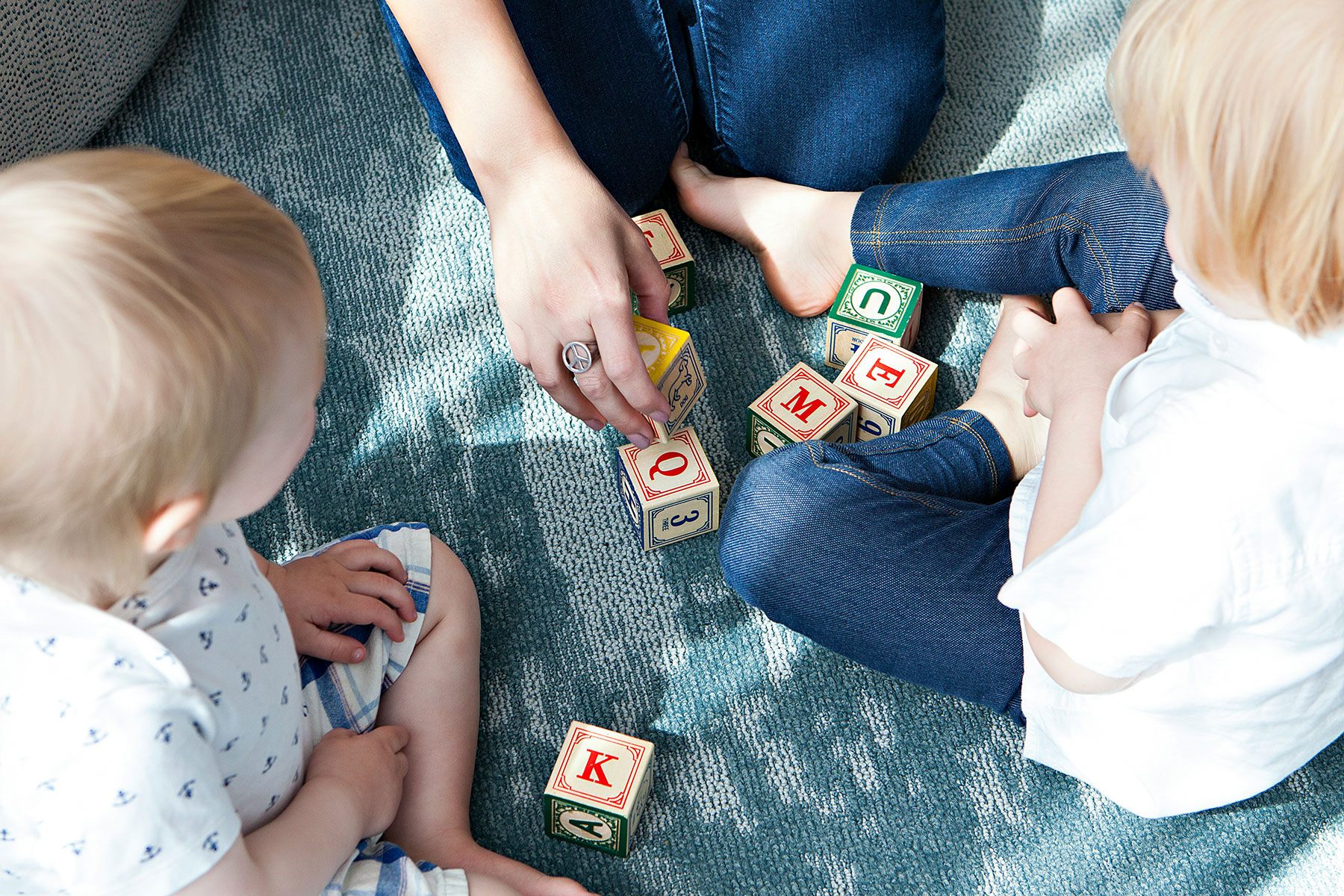
By Joseph Brownstein
While it may not come as a surprise that survivors of childhood traumas have more difficult lives, a new study says that those children can also expect their lives to be on average, almost 20 years shorter.
A new study from the Centers for Disease Control and Prevention shows that children who experience six or more traumatic events in their childhood — events that can include emotional, physical or sexual abuse or household dysfunction — have an average lifespan 19 years shorter than those of their counterparts who do not suffer that degree of childhood trauma.
“The stressors tend to accumulate in people’s lives, and it appears that affects the way they develop and can affect the way they think and their emotional control,” said Dr. Robert Anda, who has served as the co-primary investigator on the CDC’s Adverse Childhood Experiences (ACE) study.
Share This Post!
Healing Frameworks: Understanding ACEs in Indigenous Communities
The National Indian Health Board (NIHB) is committed to advocating for the health and well-being of Indigenous communities. One of our key initiatives focuses on addressing adverse childhood experiences (ACEs), which are traumatic [...]
Gratitude Not Required: A Trauma-Informed Thanksgiving for Children in Care
By Beth Tyson Children impacted by any kind of family separation, whether it be foster care, adoption, or divorce, don’t have to feel thankful during Thanksgiving or any other holiday. There, I [...]
Emotional and Psychological Trauma
By Lawrence Robinson, Melinda Smith, M.A. and Jeanne Segal, Ph.D. What is emotional and psychological trauma? Emotional and psychological trauma occurs when extraordinarily stressful events shatter your sense of security. Psychological trauma can leave you [...]
Understanding Childhood Trauma: Ways to Support Young People
By Boys & Girls Clubs of America For generations, tough childhood experiences have been swept under the rug by phrases like these. Oftentimes, the reason why is simple: many families simply did [...]
Addressing The Link Between Trauma And Addiction
By National Governors Association Many Americans have experienced traumatic events, toxic stress, and other types of adversity in childhood. However, repeated exposure to trauma and adversity in childhood predicts a variety [...]
The Health Benefits of Volunteerism
By Eric Burger It’s a simple fact that every nonprofit organization knows: volunteering makes you feel better. But did you know that the anecdotal stories about volunteering health benefits have been [...]







